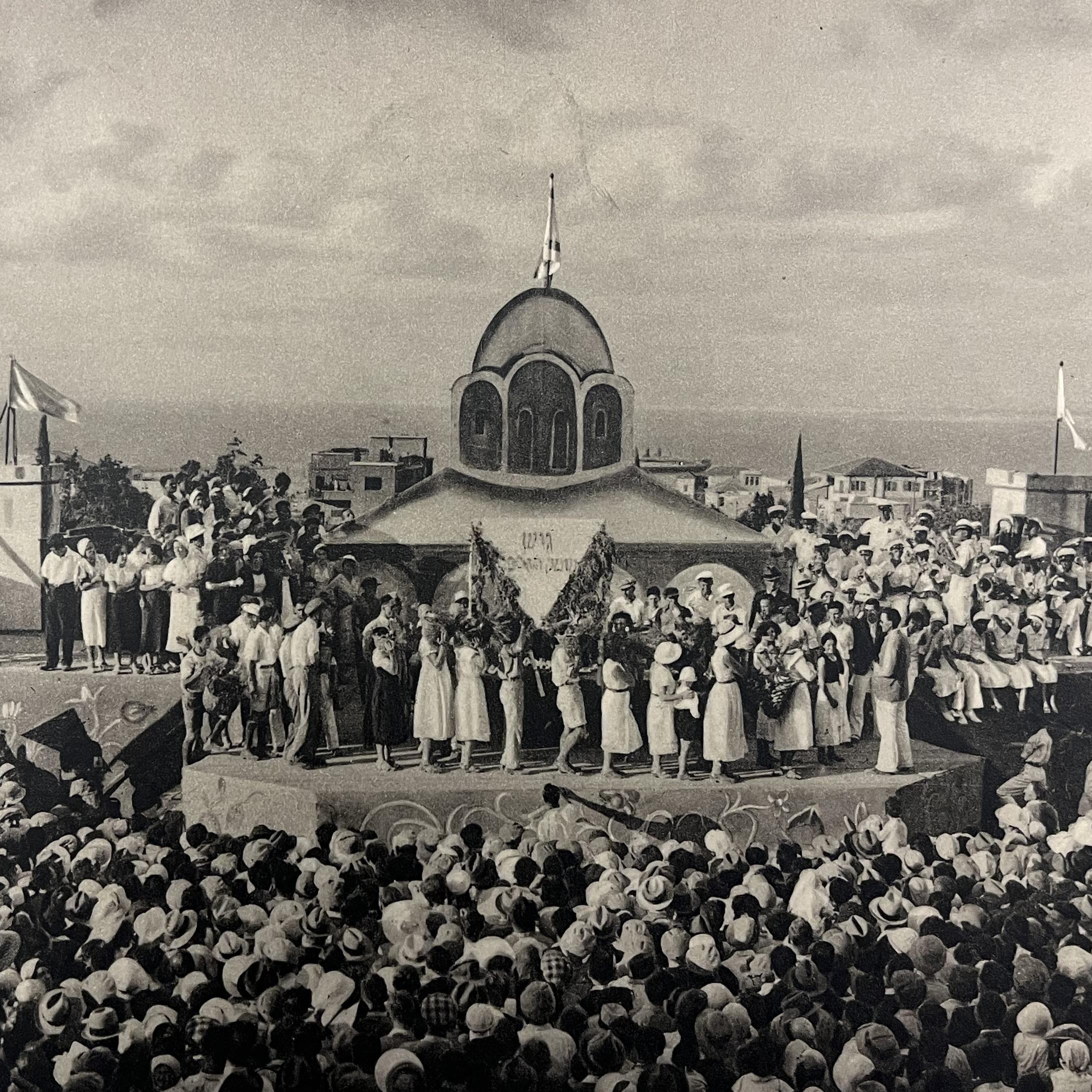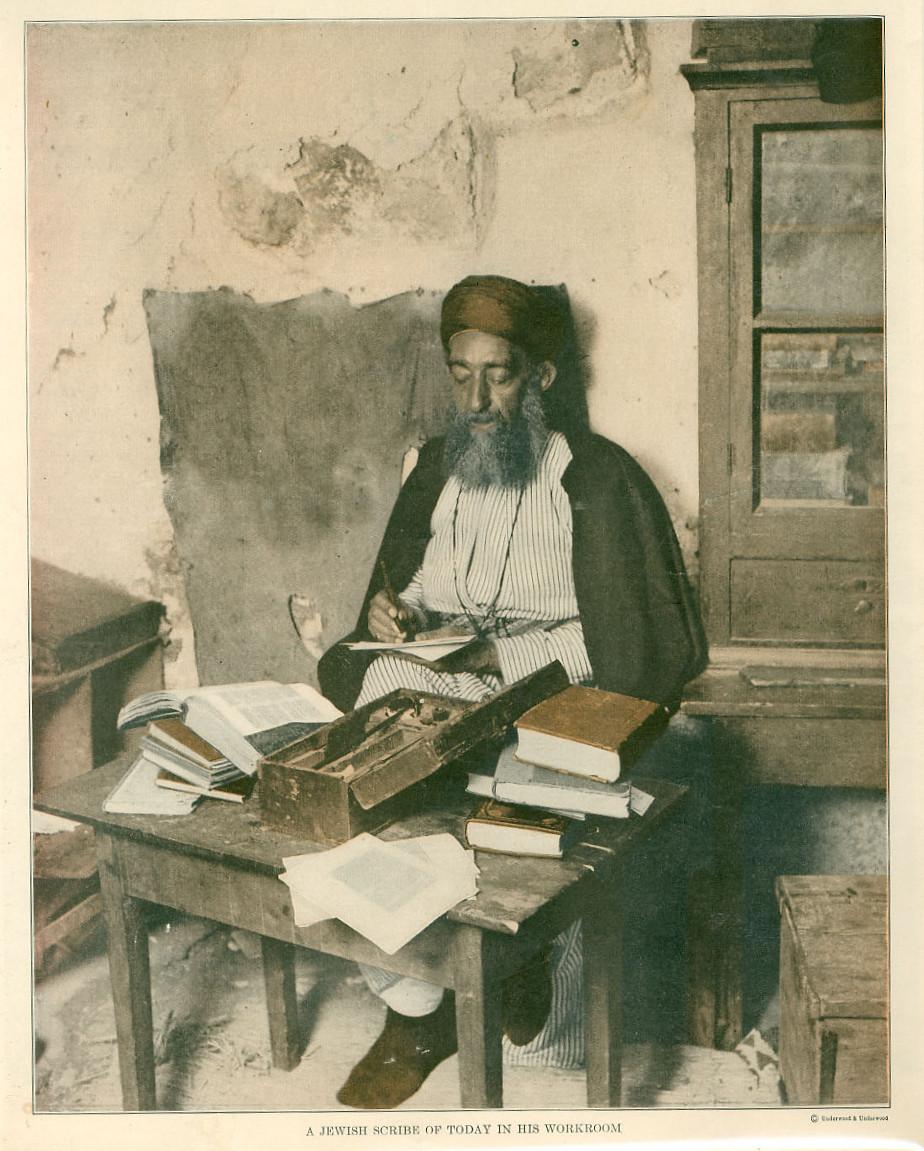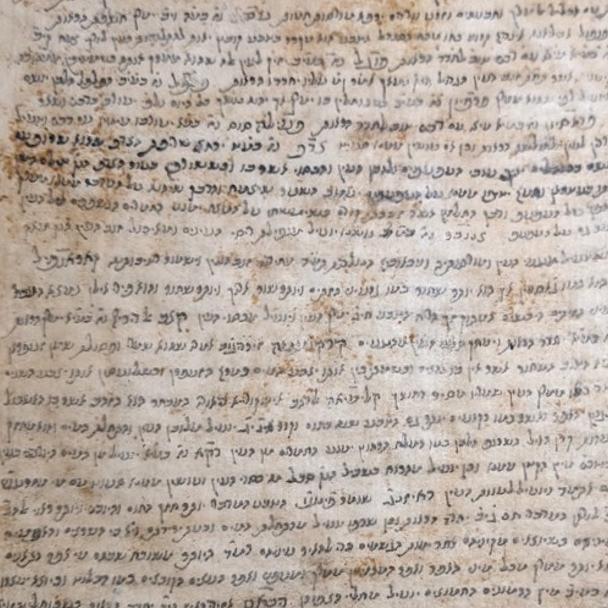More New Acquisitions for the Penn Libraries
Just a few of the exciting new items in our collections
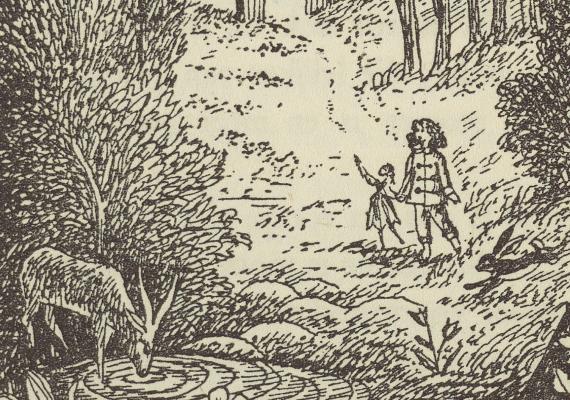
Kees Kelfken [detail of illustration] in Weet Je Nog? Verhalen en Sprookjes, by Anne Frank (Amsterdam, 1949).
In a recent email I asked Arthur Kiron, Schottenstein-Jesselson Curator of Judaica Collections, what was new in Judaica at the Penn Libraries. In reply he shared an array of wonderful recent acquisitions. There was such an abundance that I worried that if I included too many in in this newsletter, I would deny each item the individualized attention it deserves, so I narrowed them down to a just a few fascinating items (a difficult task).
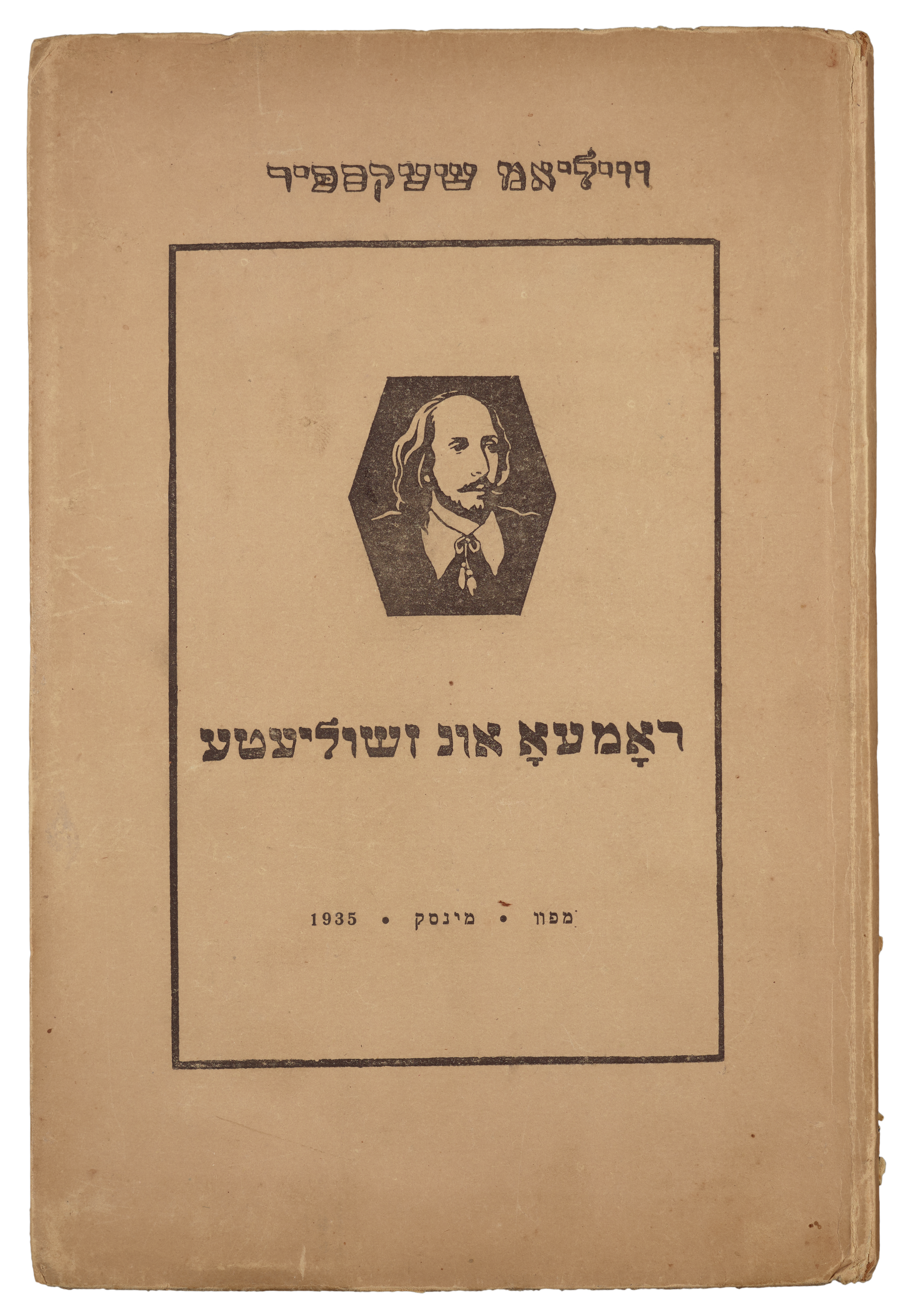
Shakespeare’s Romeo and Juliet in the earliest known publication in Yiddish translation: Romeo un Zshulyete: Tragedya in finf aktn [Romeo and Juliet: Tragedy in Five Acts]. Translated by I. Goldberg (Minsk, 1935).
Between 1933 and 1938, Iṭsche Goldberg translated eight of Shakespeare’s most well-known plays into Yiddish, and then from the late 1940s to the early 1950s Stalin endeavored to destroy Yiddish culture in the Soviet Union. Goldberg is thought to have been murdered during this time. Before his death he inscribed this copy to Aron Gurshtein, an important figure in the development of Yiddish literature in Eastern Europe. Find the full catalog description here.
Acquired thanks to the support of the Kislak Center for Special Collections, Rare Books and Manuscripts.
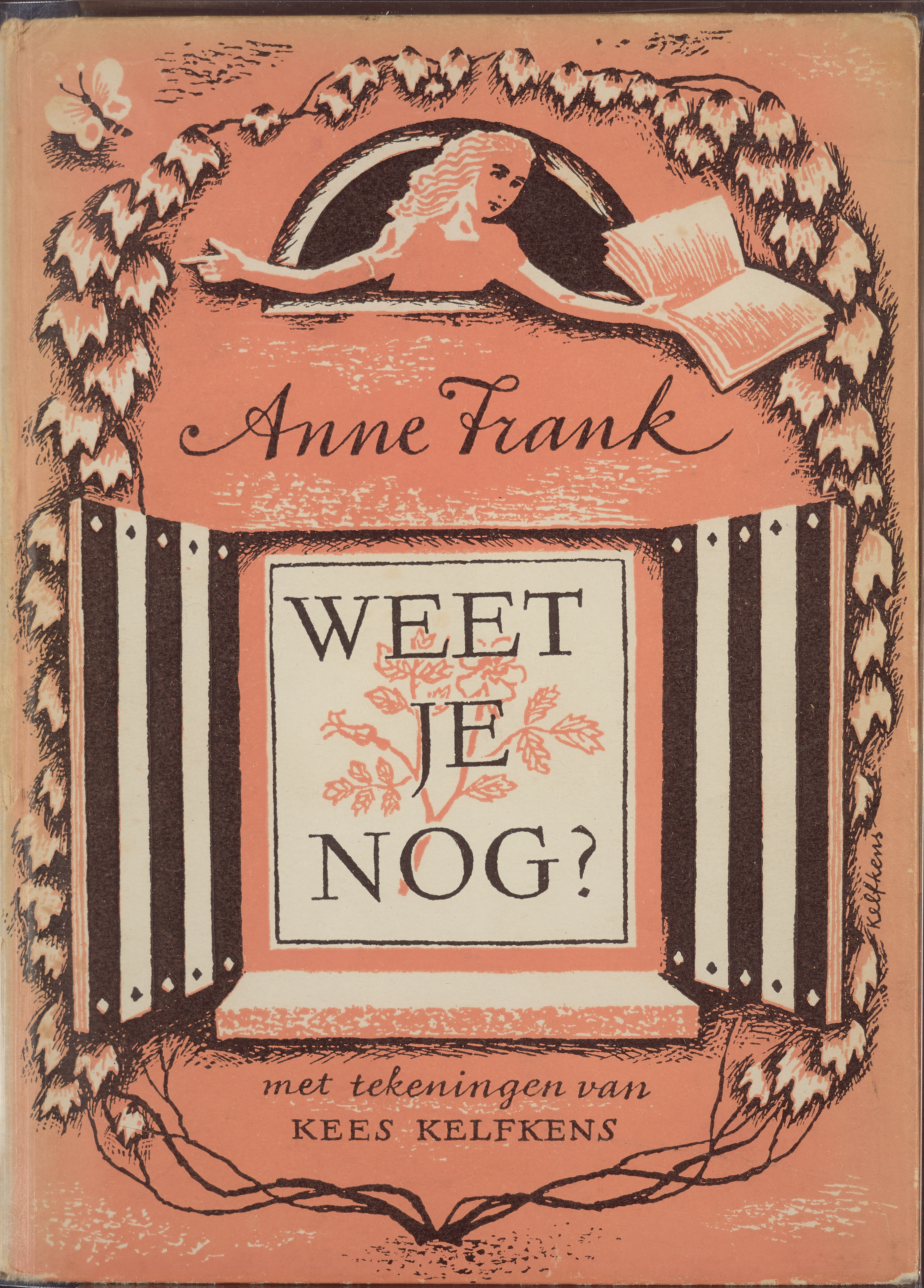
Anne Frank. Weet Je Nog? Verhalen en Sprookje [“Do you Remember? Stories and Fairy Tales.”] FIRST EDITION. Designed and illustrated by Kees Kelfkens. (Amsterdam, 1949).
At age fourteen, while in hiding, Anne Frank wrote this collection of stories for children. While her posthumously published diary became famous, these delightful tales also deserve attention. The collection was published in 1949, two years after her diary was first published. This first edition belonged to Gilbert “Colonel Remy” Renault (1904-1996), the chief organizer of the Free French intelligence network in Nazi-occupied France and one of the most decorated heroes of the French Resistance. Find the full catalog description here.
Acquired thanks to the generous support of the Mark Zucker Judaica Endowment.
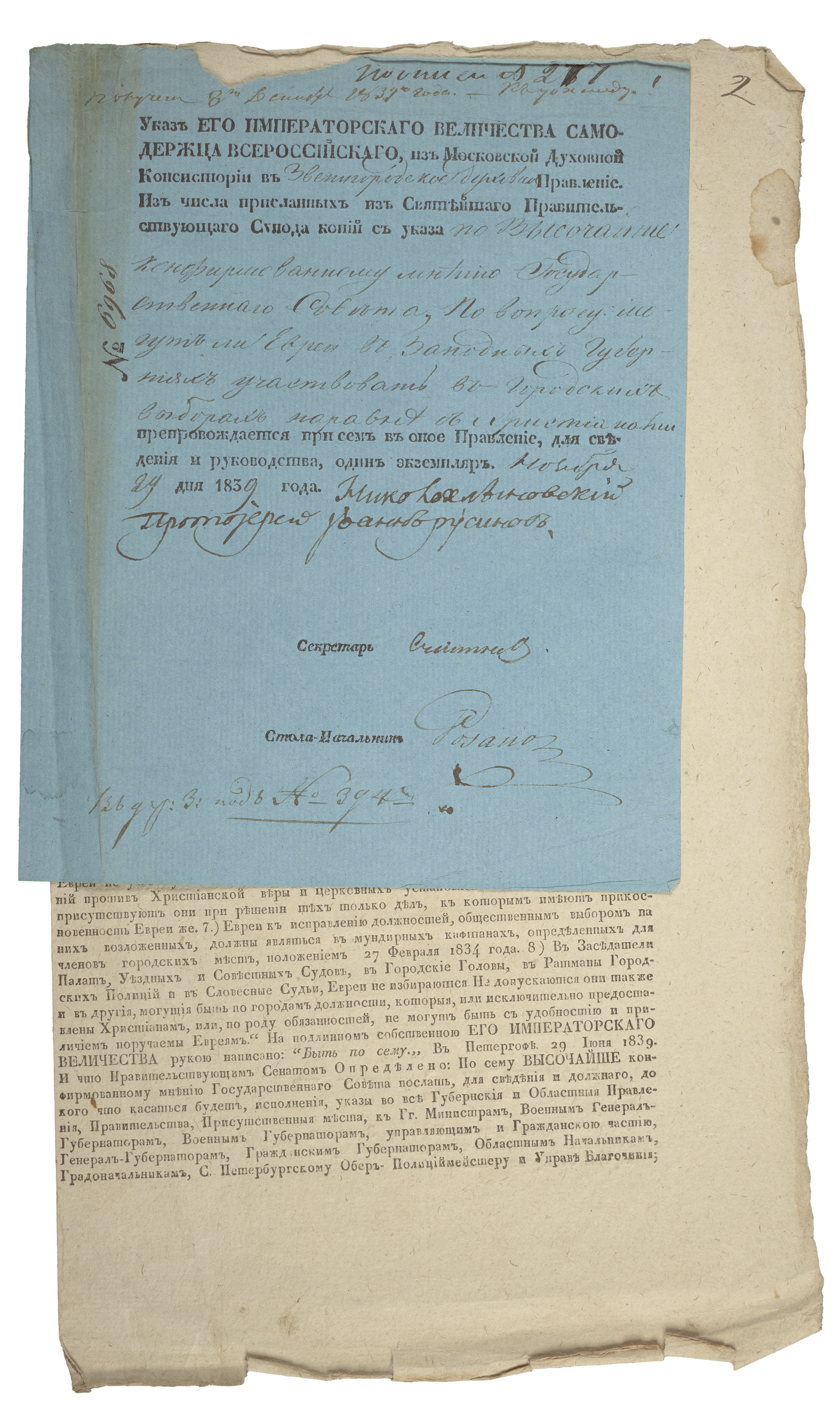
Tsarist Russia Government Edict, printed in Moscow, 1839.
This edict granted Jews of the Russian Empire rights to be elected to city councils but mandated separate elections for Jewish and Christian representatives and restricted Jewish electoral power by limiting Jews to one-third of the total number of representatives. Jews were also forbidden from serving as borough presidents and city mayors in any western government and were only allowed to be elected to minor positions such as aldermen and deputies of house commissions. For me, the handwritten entries accompanying the tall folio pages evoke the human beings affected by this sort of antisemitic legislation as well as those responsible for it. Find the full catalog description here.
Acquired thanks to the generous support of the Margolies Judaica Fund.
Keep an eye on the blog for more library news.

